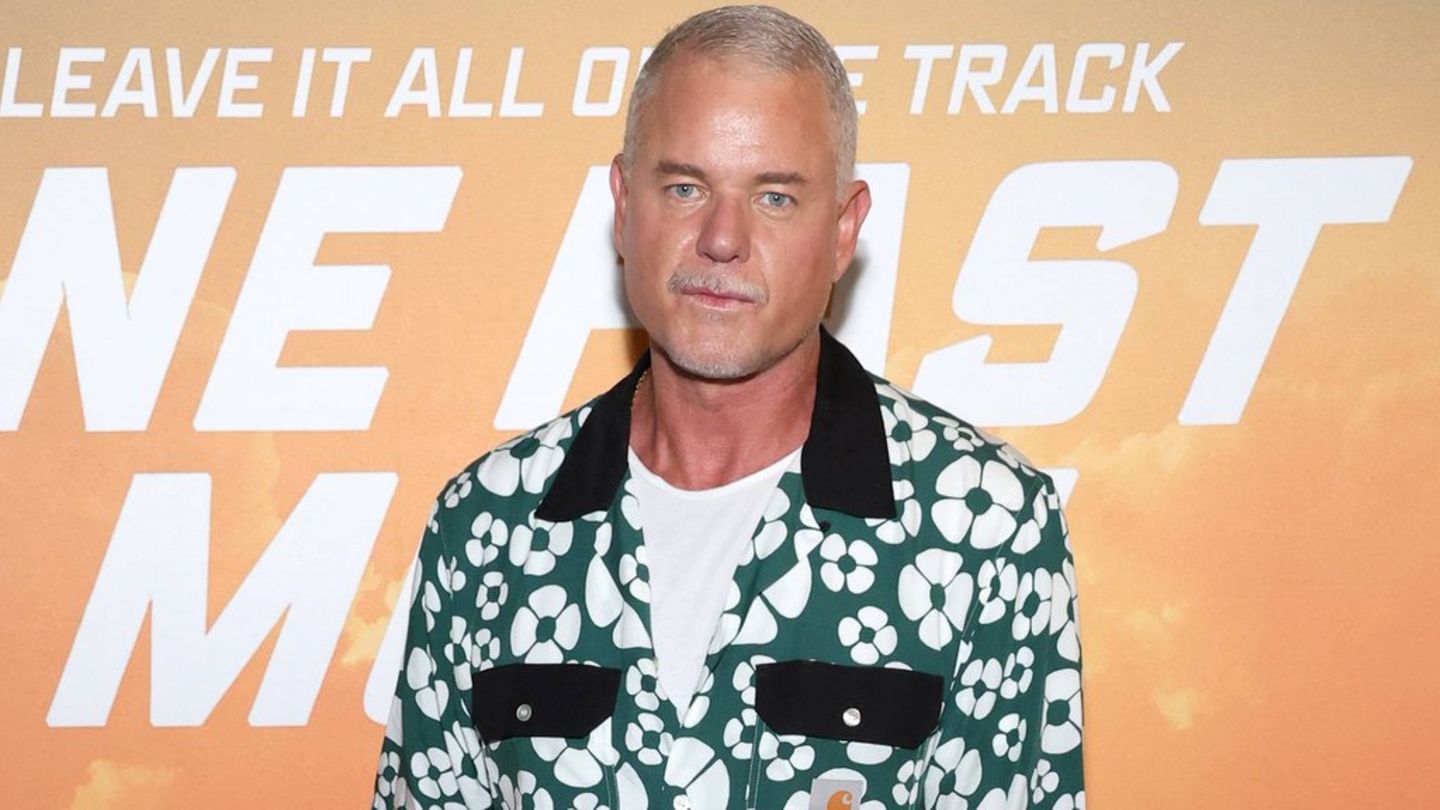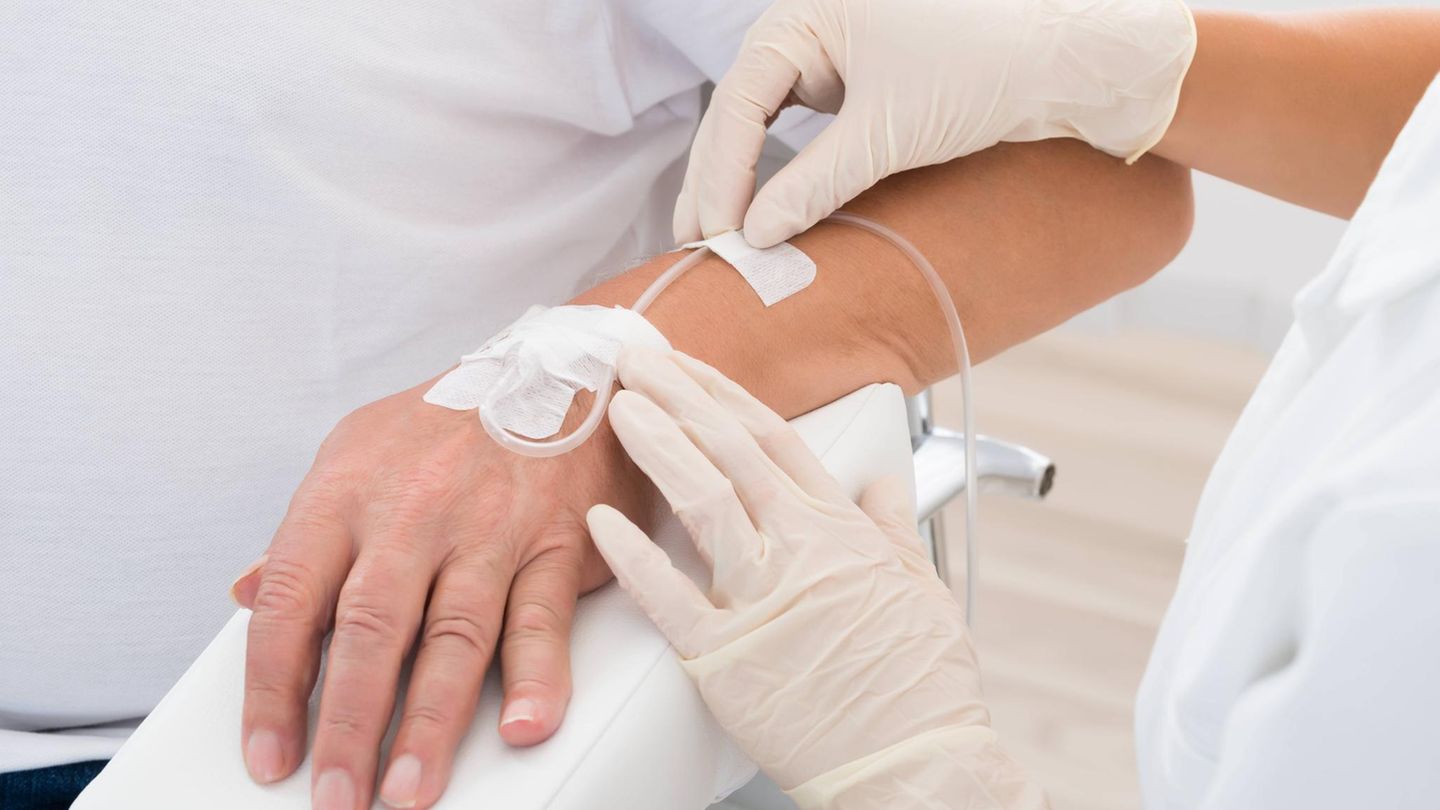Menu
World Cancer Day: medical experts answer the most important questions
Categories
Most Read
People’s fatigue and fever: could it be Lyme disease?
October 4, 2025
No Comments
Horse world: The biggest, smallest, most expensive – seven curious facts
October 3, 2025
No Comments
Chikungunya: How dangerous is the virus for Europe?
October 3, 2025
No Comments
Health insurance companies plan digital pre-assessment for faster appointments
October 3, 2025
No Comments
Protect assets: How your grandma’s house is preserved from the sale
October 3, 2025
No Comments
Latest Posts

Gaza War: Hamas response to Trump-Plan: These are the open questions
October 4, 2025
No Comments
IvanI have been working in the news industry for over 6 years, first as a reporter and now as an editor. I have covered politics

Who is Mounir Nasraoui, Lamine Yamal’s controversial father who claims to live thanks to his son
October 4, 2025
No Comments
In the world of footballmany times the protagonists are not aware of the role that people closely take to them. Whether for different reasons, good

As a sick Eric Dane: for this reason he was missing from the Emmys
October 4, 2025
No Comments
Lisa HarrisI am an author and journalist who has worked in the entertainment industry for over a decade. I currently work as a news editor
24 Hours Worlds is a comprehensive source of instant world current affairs, offering up-to-the-minute coverage of breaking news and events from around the globe. With a team of experienced journalists and experts on hand 24/7.

